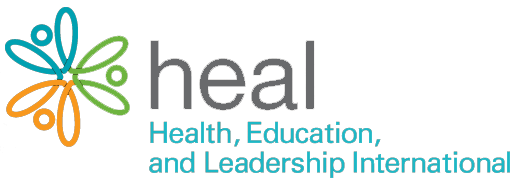Message from the Board of HEAL International:
A regular part of our donor communications are stories from our field projects in Uganda. Over the past 2 years, the COVID-19 pandemic has prevented board members in Canada from travelling to Uganda to report on activities. However, we’ve been fortunate to have volunteers in Uganda (in this case Steven, Denis and Otto) who offered their time and resources to visit these field projects and provide us with a snapshot of what is happening on the ground. Below is their report:
The three of us arrived in Fort Portal on a Friday evening after a 4-hour drive from Kampala. Pre-pandemic, we would start our journey on a Saturday before dawn and would make it to Fort Portal just at sunrise. But, with curfews in place in Uganda from dusk to dawn, we found ourselves leaving work early on Friday and setting out before the curfews took effect. We enjoyed the evening drive as it gave us a chance to appreciate the scenic drive while there was still light on the road.
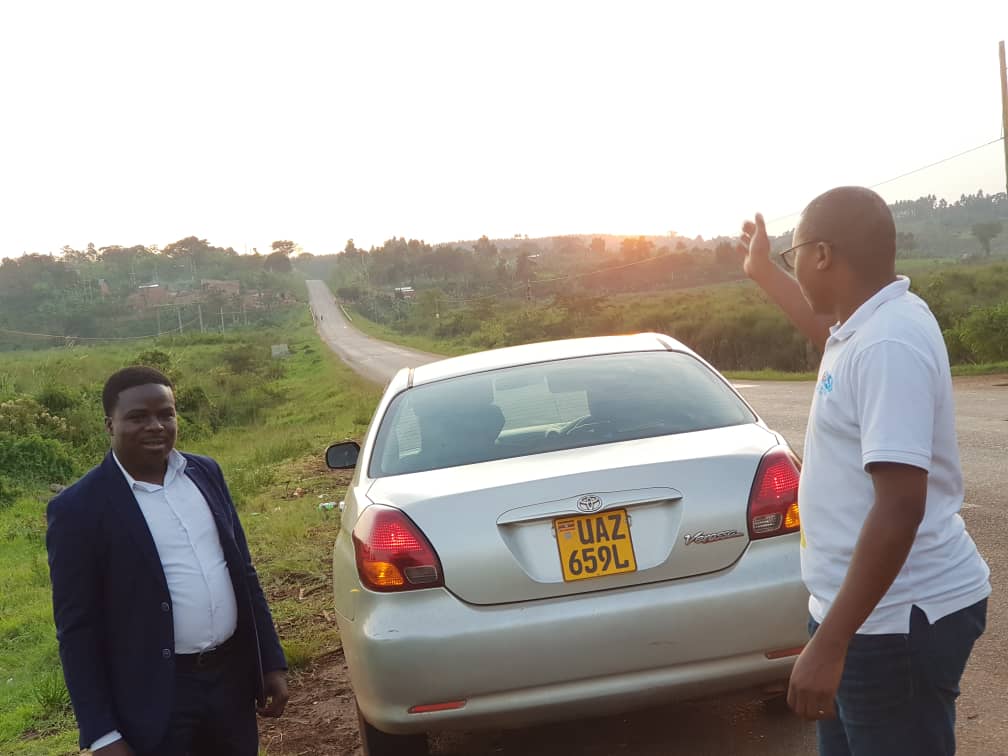
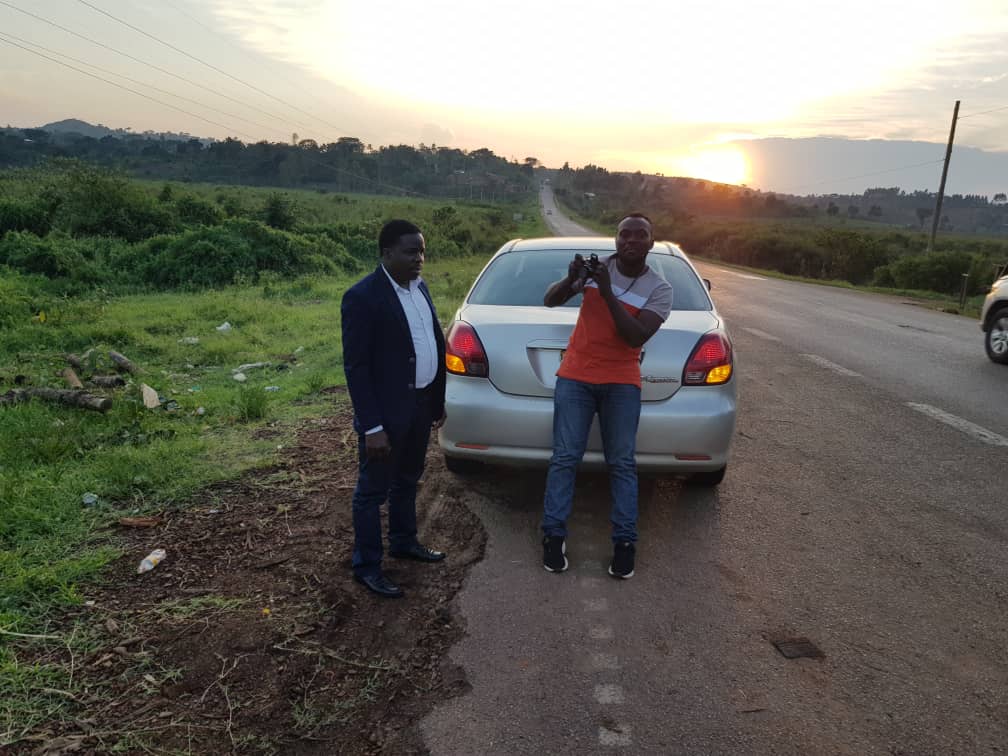
After a restful night in Fort Portal, we headed off to visit the different projects supported by HEAL International. Our first stop was to visit Carol Adams and Bright Herbert who run YES Uganda, our key partner organization. YES Uganda has been hard at work trying to adapt to the many changes brought about by the pandemic. For most of 2020, all schools were closed and, with the help of HEAL donations, YES Uganda focused on ensuring that the children in their program had access to food and basic needs. Some classes reopened in October 2020, and so YES Uganda began the work of re-enrolling students in school. More hope came with the announcement that remaining classes were slated to reopen in January 2021 onwards. However, that hope was short lived as a second wave of COVID-19 hit Uganda in May and a second country-wide lockdown was implemented. Schools have remained closed since with a new reopening date tentatively scheduled for January 2022. However, this reopening is based on all teachers, school staff and students over 18 being vaccinated, and with vaccine supplies remaining low, there is a good chance this reopening date will be further delayed.
The frustrating part for YES Uganda and the students is what to do during this time. Carol shared a story of two HEAL supported female students who completed their O-level exams with high grades. However, they are now stuck at home without a chance to continue their education. Many others are stuck in the same boat. With children at home, the risk of early pregnancies and early marriages of girls is high. Some students have also given up on schooling. One of the brightest students in YES Uganda (also supported by HEAL donors) decided to leave school and has taken a manual labour job, and others may follow his lead.
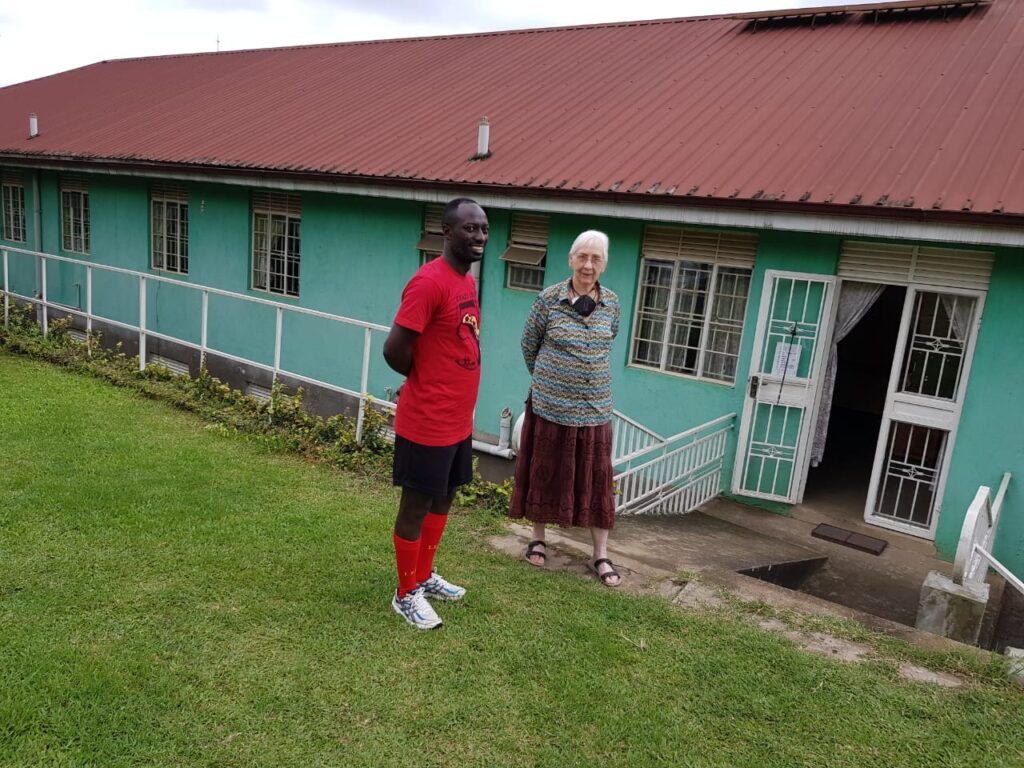
Through this, YES Uganda has worked with HEAL International to continue food support for children and their households. Some schools have also started to experiment with online learning, but this requires students to have a smartphone and internet access. This is not something poor orphaned children can afford, nor access if they live outside of the main town. So YES Uganda has rolled out a home-schooling program where physical teaching materials are sent home with students who then use these workbooks to continue their learning. It’s not ideal, but a better alternative to no learning at all.
There was one happy story Carol Adams shared about Alice, who was supported by HEAL International and who recently completed her nursing studies. She is now employed as a nurse in the town of Ntoroko (near the border with the Democratic Republic of Congo) where she is contributing her skills in keeping the local people safe and healthy during the pandemic.
We then set out to visit some HEAL International supported students to see how they were doing. The first one we visited was Patrick who is in Senior 1 (Grade 8 equivalent). When the first lockdown was imposed in March 2020, he had only completed part of one term. Since then, he’s been at home just doing domestic chores. He has been taken in by his extended family who struggle to find a daily meal. So, he and his family were grateful for the regular supply of maizemeal, rice, beans and oil provided by YES Uganda through HEAL International donations. The family stays on a small piece of land in a semi-permanent structure. Patrick himself seemed to be moody and shy and could not confidently express himself. His family attribute his moods to his long stays at home without the social and mental activities he would find daily at school.
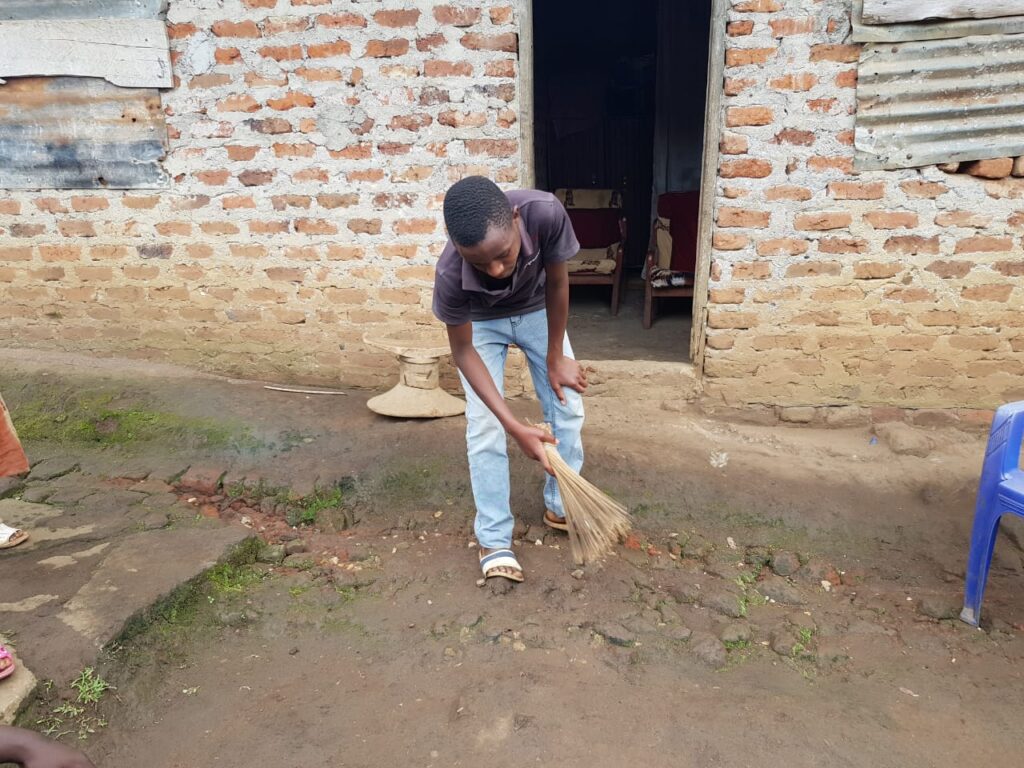
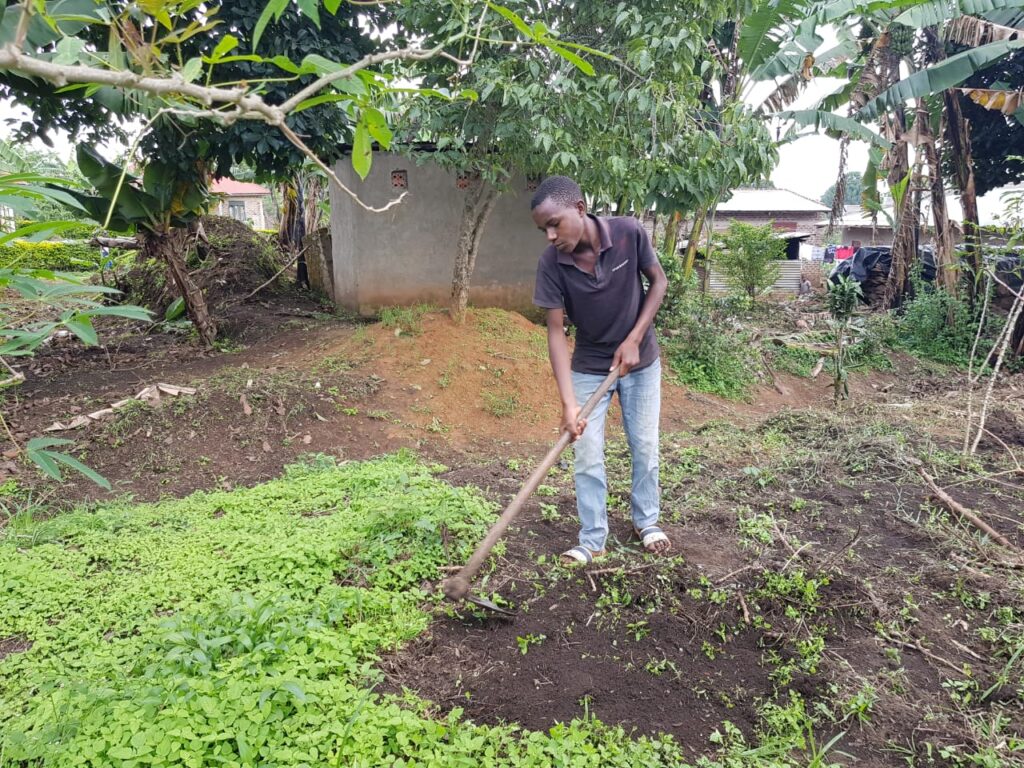
Our second visit was with Ellison. He is also in Senior 1 and stays with his mother. During the lockdown he too focused on domestic chores and gardening. Ellison is also entrepreneurial and so used his free time on a small business of raising rabbits which he sells in order to buy clothes, shoes and food. Right now he’s using some of the self-study materials he’s received to try to keep up. He wishes he could benefit from online learning like his schoolmates do, but he cannot afford a smartphone or reliably access the internet where he lives. He also misses meeting his friends and hasn’t had a chance to play since the beginning of the pandemic.
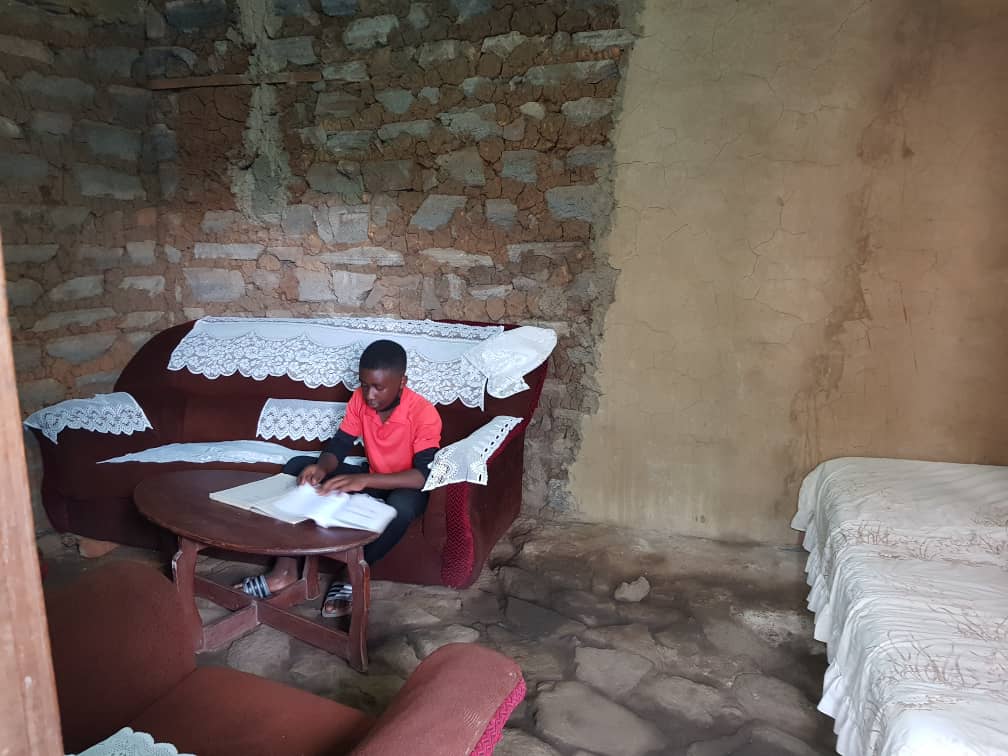
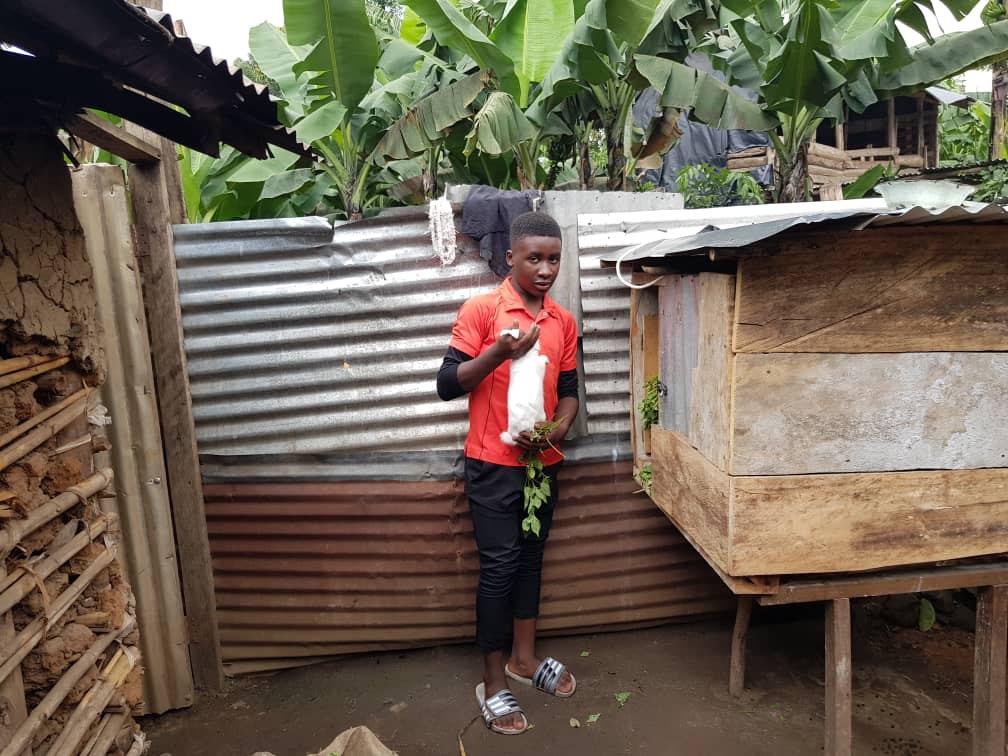
Next, we went to visit Nyakwera Margaret. Margaret is a senior 3 student. She lives in a very old semi-permanent structure which has many holes in the roof, meaning the house leaks in the rainy seasons. She shares this home with her grandmother. In the early days of closing, the school provided her with some study materials in the hopes that the shutdown would be short. However, as the lockdowns continued, the school’s support for home study stopped. Margaret tried to study using some old textbooks she borrowed from her school and also went back to previous year’s notes to review her past work, but it was a frustrating experience for her. The new materials, provided by YES Uganda and HEAL International, are easier for self-study and she hopes this will meet her desire to keep learning during the pandemic.
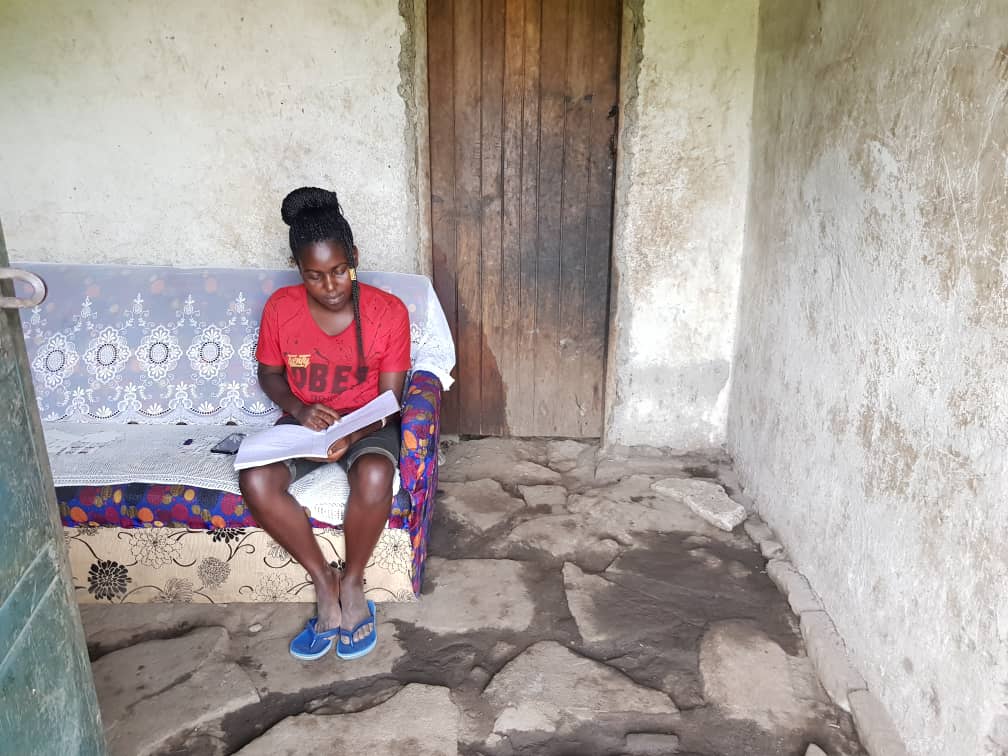
Finally, we paid a visit to Doreen who is pursuing a diploma in clinical medicine through a scholarship from HEAL International. She was happy that the government allowed medical schools to continue teaching and so she has been able to progress through her studies during the pandemic. What’s been difficult though, is that some classes have moved to virtual learning using smartphones, which she doesn’t have. She’s been resourceful though by studying with friends who have these devices and internet access. She also compensates for not having a laptop by borrowing one from friends at night so that she can type up her work while they sleep. She has another year of schooling to complete before graduation.
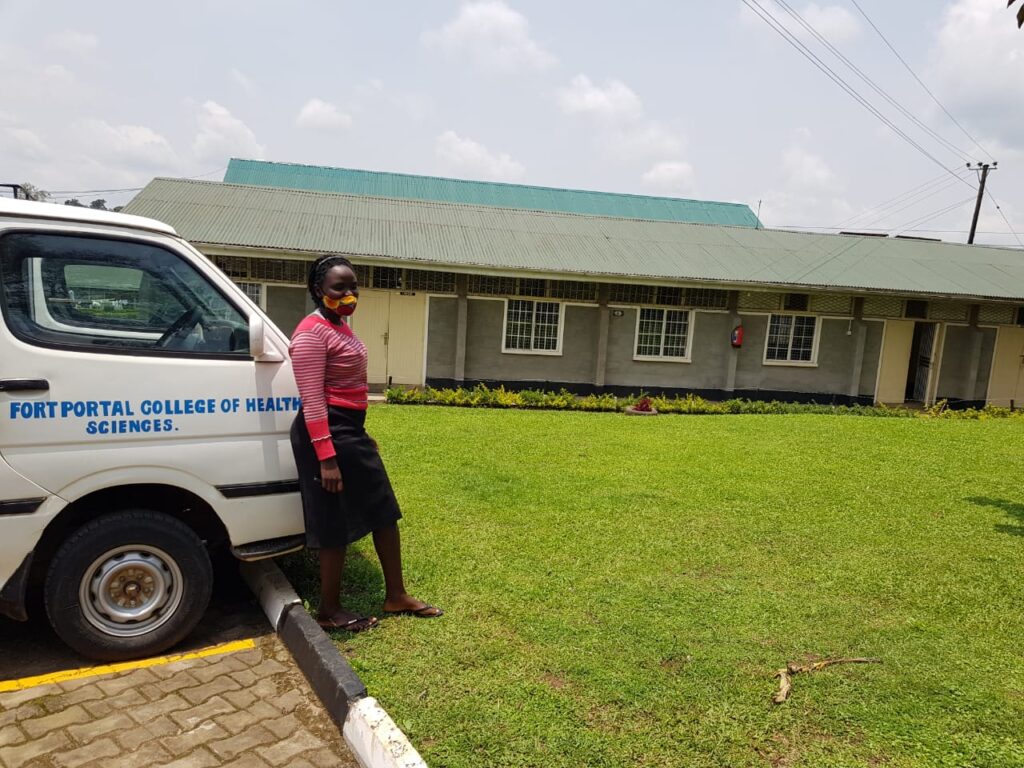
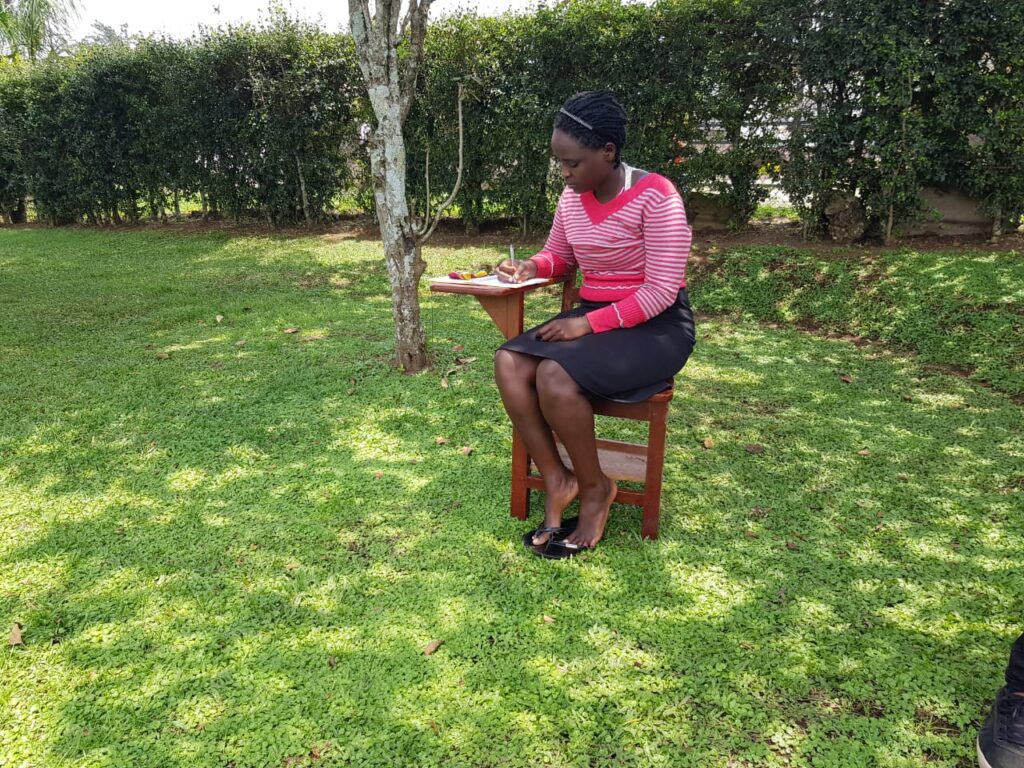
After visiting these students in their home and school, we embarked on a visit to the Manna Rescue Home. This home was set up by Carol Adams as a refuge for orphaned children infected with HIV and is partially supported through donations from HEAL International. According to Olive, one of the caretakers at the rescue home, the lockdowns have not affected their children as much. They continue to socialize with each other, and the home has arranged to pay out-of-work teachers to come to the home for private teaching. In their free time, the children engage in a variety of extracurricular activities such as gardening, football, and other games. The biggest challenge though is not being able to leave their home, especially with a risk their existing illnesses might make them more susceptible to COVID. To deal with this, staff have organized guided walks outside of the home so that they can be supervised to keep their distance from others.
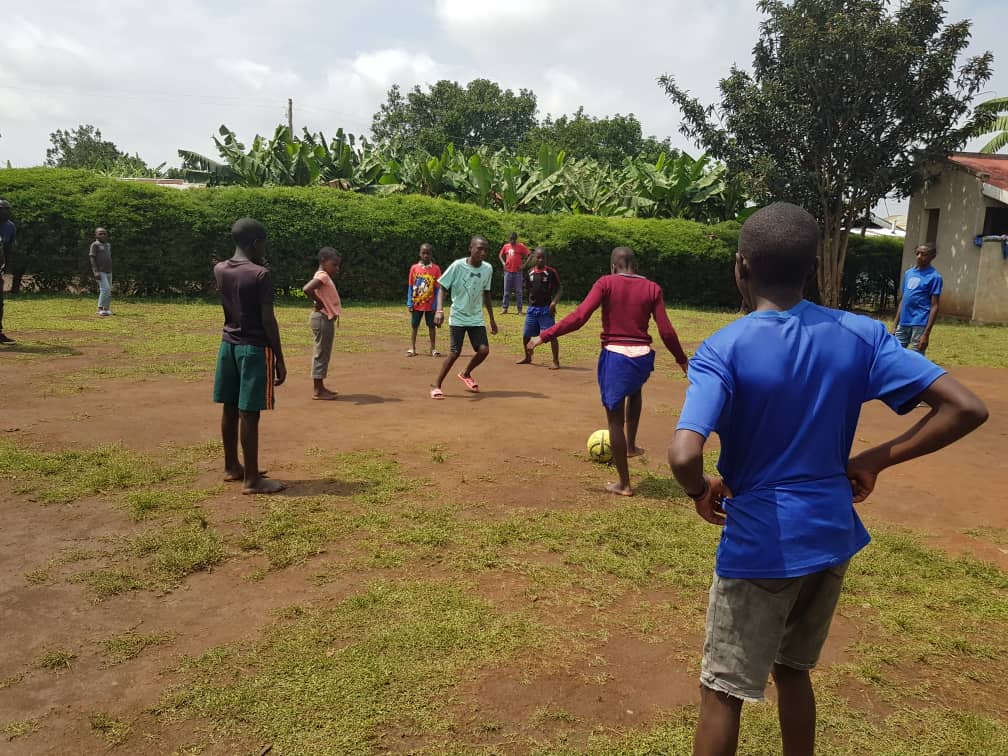
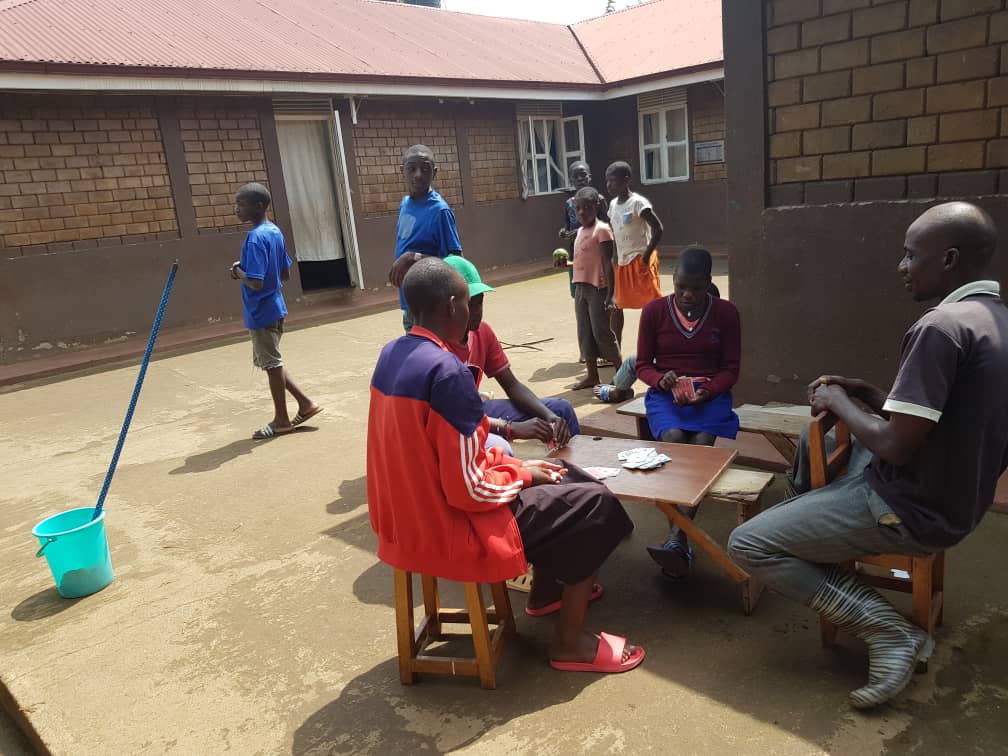
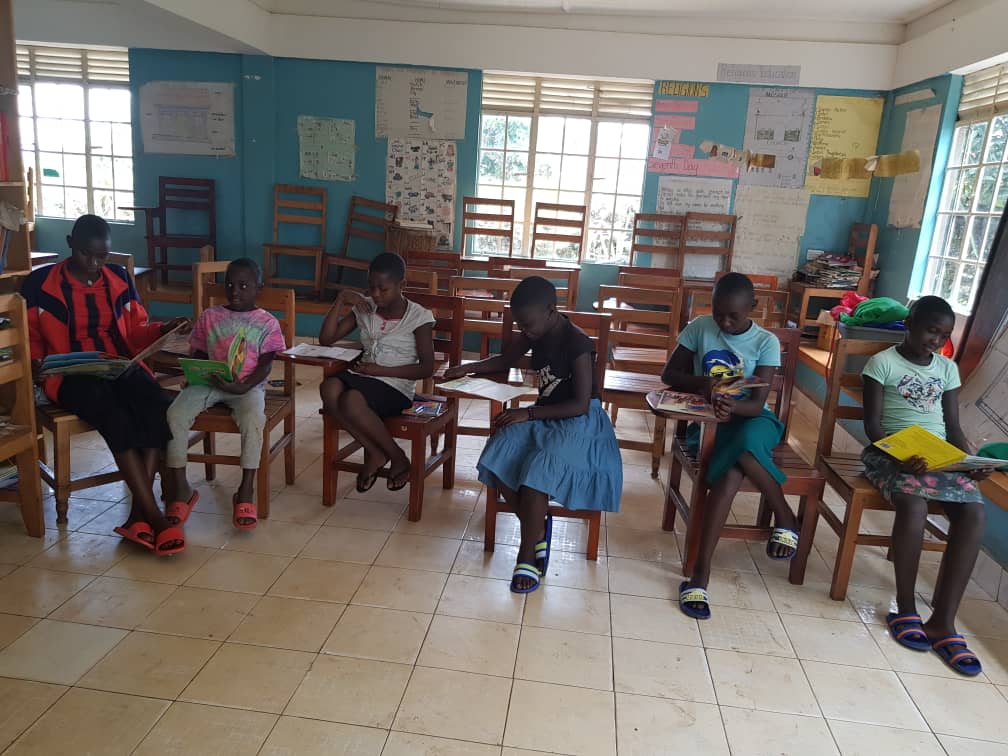
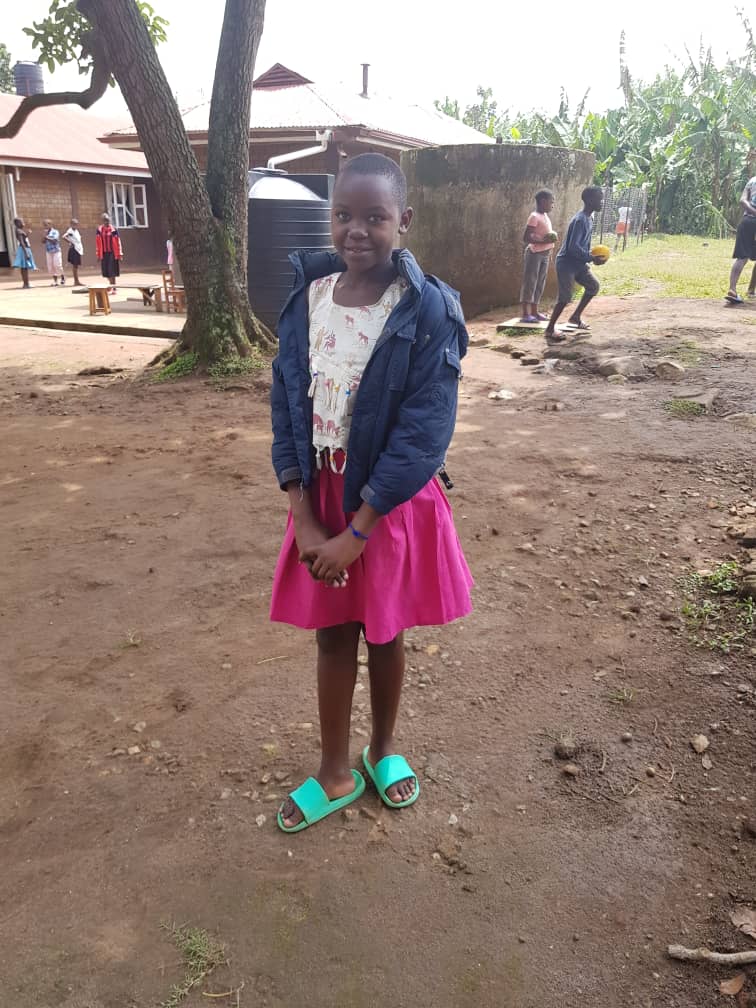
We left Fort Portal on Sunday afternoon to avoid getting into Kampala after the pandemic curfew. We then returned the following weekend to meet up with someone from the local health department. Catherine is in charge of Health Education for the Kabarole District in western Uganda. She is also on the board of HEAL International’s Peer Education Kabarole program. When asked about her concerns for youth, the greatest challenge she feels is idleness amongst youth which has led to alcohol and drug abuse. This, plus increasing poverty during the pandemic, has led to an increase in youth violence and crime. We too observed roving gangs of youth around the town and trading centres which we had not observed before. Catherine also mentioned the health department has recorded an increase in teenage sexual activity and teenage pregnancies over the past year. Young people are staying home alone where they could be taken advantage of by neighbours. She recounted a story of a 15 year old who was seduced by an older neighbour and came into a clinic pregnant. There are also more cases of domestic violence against youth by parents who are frustrated by the impact of the lockdowns and take their frustrations out on their children. There has also been in increase in the number of individuals reporting mental illness and having to be admitted into hospital for these illnesses.
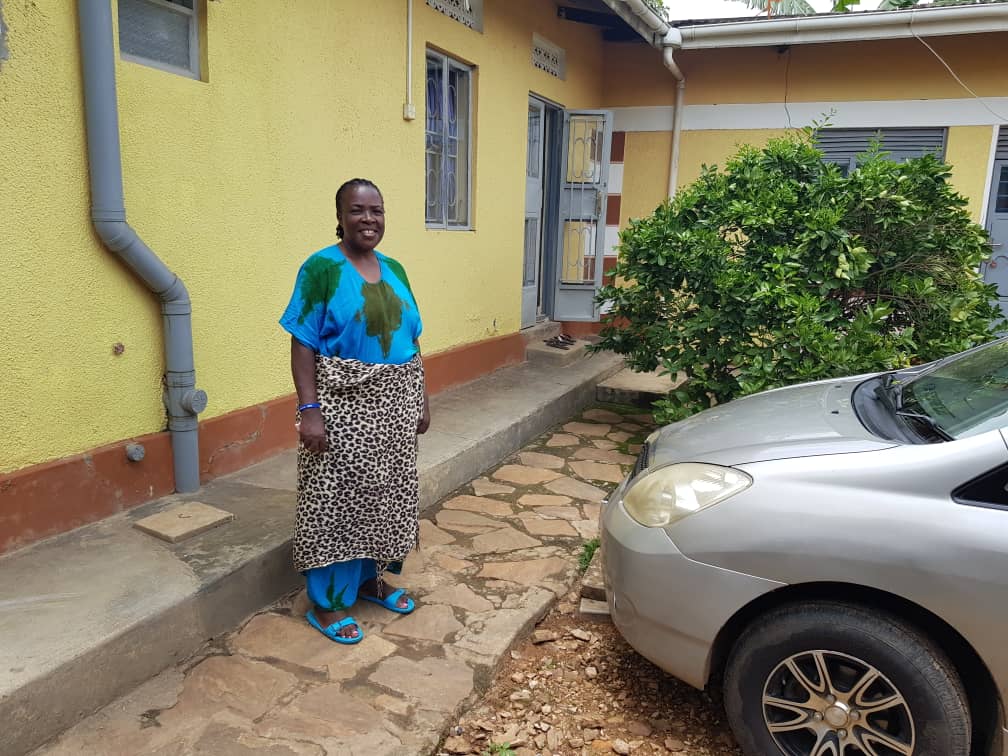
One of the HEAL International programs that is trying to help families through the pandemic is the Peer Education Kabarole (PEK) program. While their work has typically focused on sexual health education in schools, over the past 18 months, the staff of PEK have been working tirelessly on communicating with youth peer educators to see if they can use their knowledge and training to help youth in their villages. Training is done virtually through phone discussions and WhatsApp messages. A new mental health curriculum developed by HEAL International is being used to share some important information on positive mental health during this time of lockdowns and isolation. Lilian and Richard, staff at the PEK program, are on their phones from morning to evening reaching out to the close to 1,000 peer educators who are part of PEK. They have heard from grateful parents and community leaders, including Catherine from the Kabarole District, of the impact that their work is having on keeping youth’s attitudes and behaviours positive. Earlier this year, PEK peer educators were allowed to return to radio broadcasts and have been broadcasting hour long educational sessions on avoiding peer pressure, staying safe and positive mental health to thousands of youth in the radio’s coverage area.
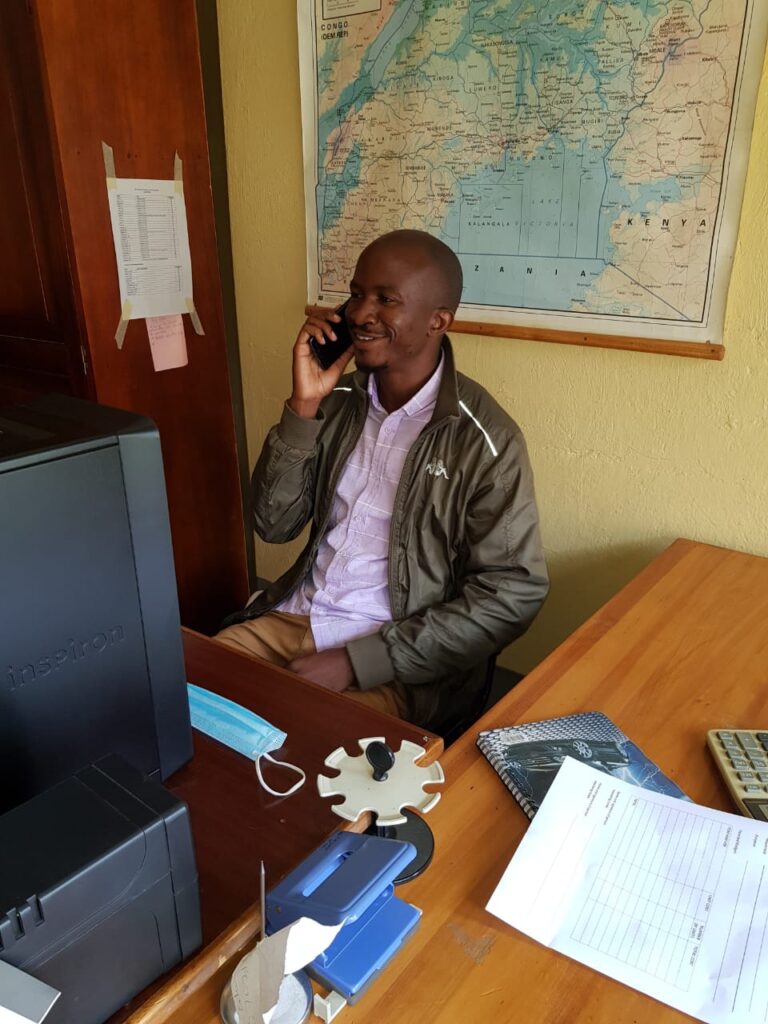
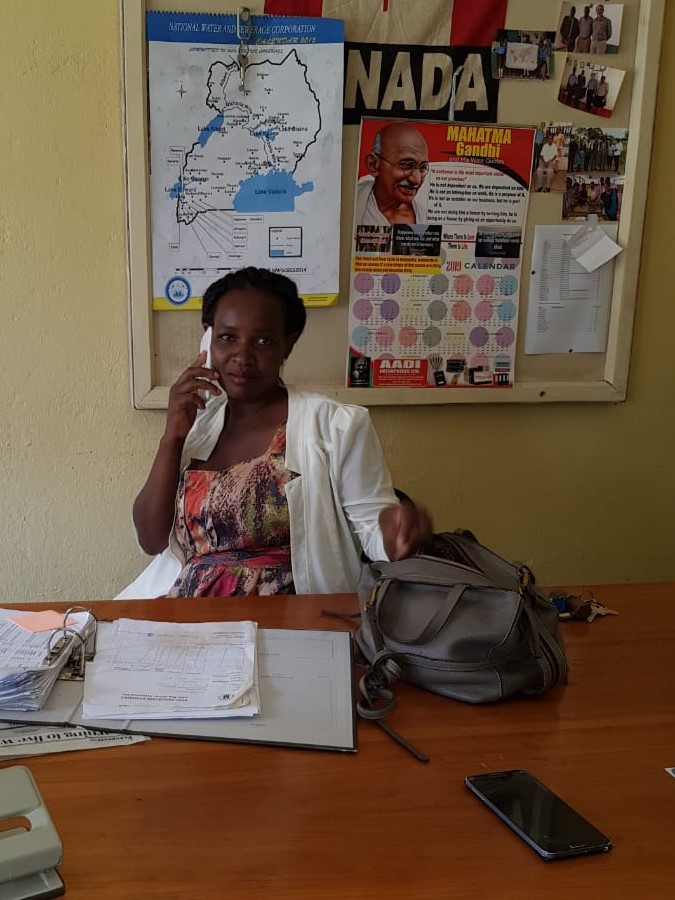
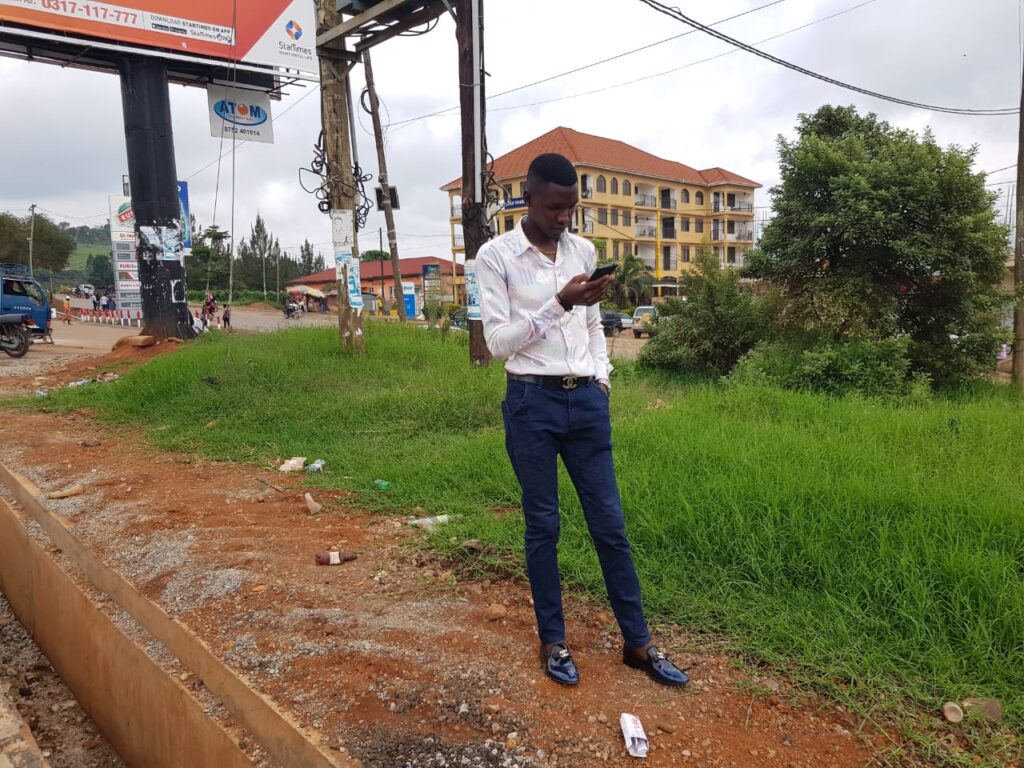
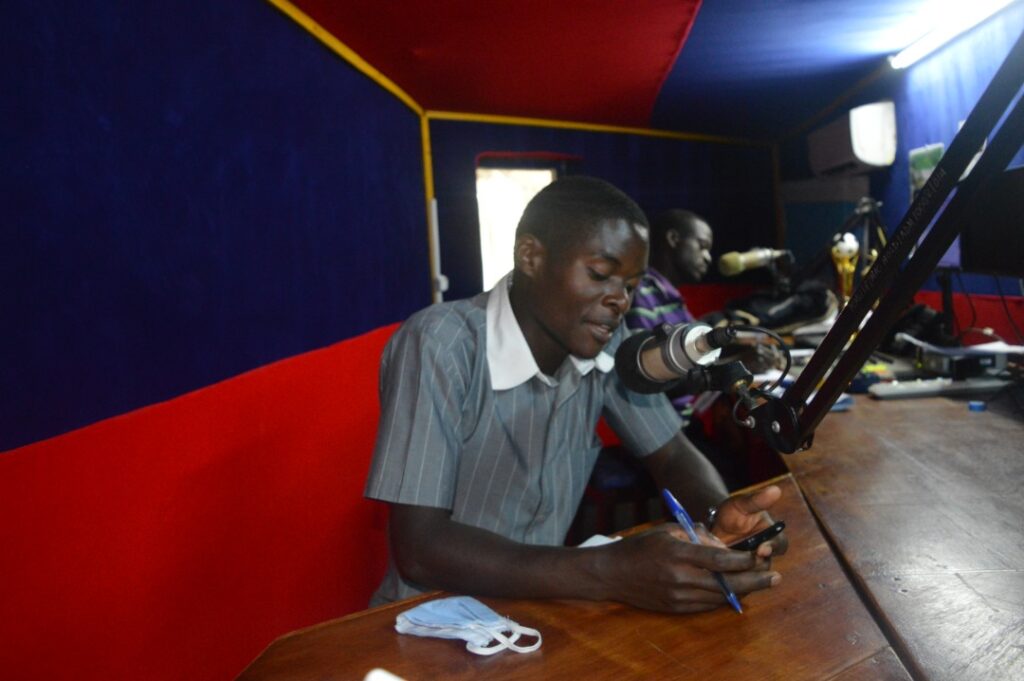
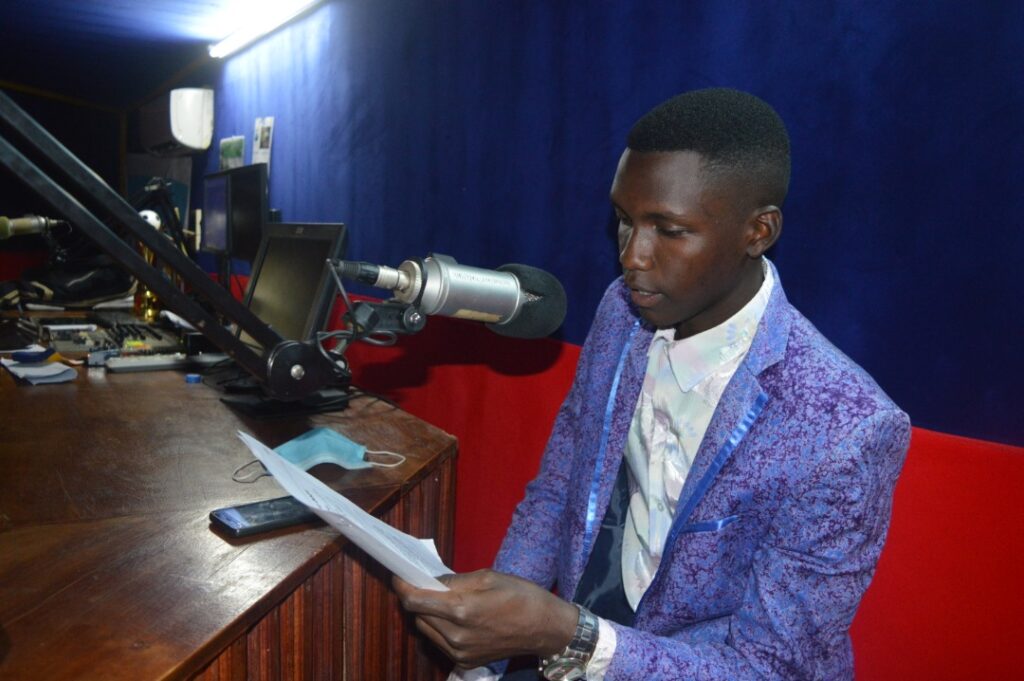
We took some time to wander around Fort Portal before returning to Kampala. We noted that people in town are adjusting to restrictions. Many continue to wear their masks everywhere. All shops have a jerry can of water mixed with JIK (bleach) or water and soap at their entrances. Along with schools, places of worship remain closed, leading to a loss of social and spiritual connection for many. Food supplies have dwindled because of the challenges of transportation from rural gardens to shops (many of the markets people would purchase from have remained closed or are limited in the number of sellers) and costs have increased. Those working in non-professional jobs have seen their incomes dwindle, and this has created a lot of hardships for families that were already poor and struggling. Our biggest concern though, is for the youth of Uganda who will have lost close to 2 years of schooling at a time and whose impact will probably be felt for a generation. We were happy, though, to see how the work of HEAL International continues to contribute positively to the well-being of those who are the most vulnerable in society. We three also come from poor rural backgrounds and can appreciate the value of a helping hand, especially in difficult times like this.
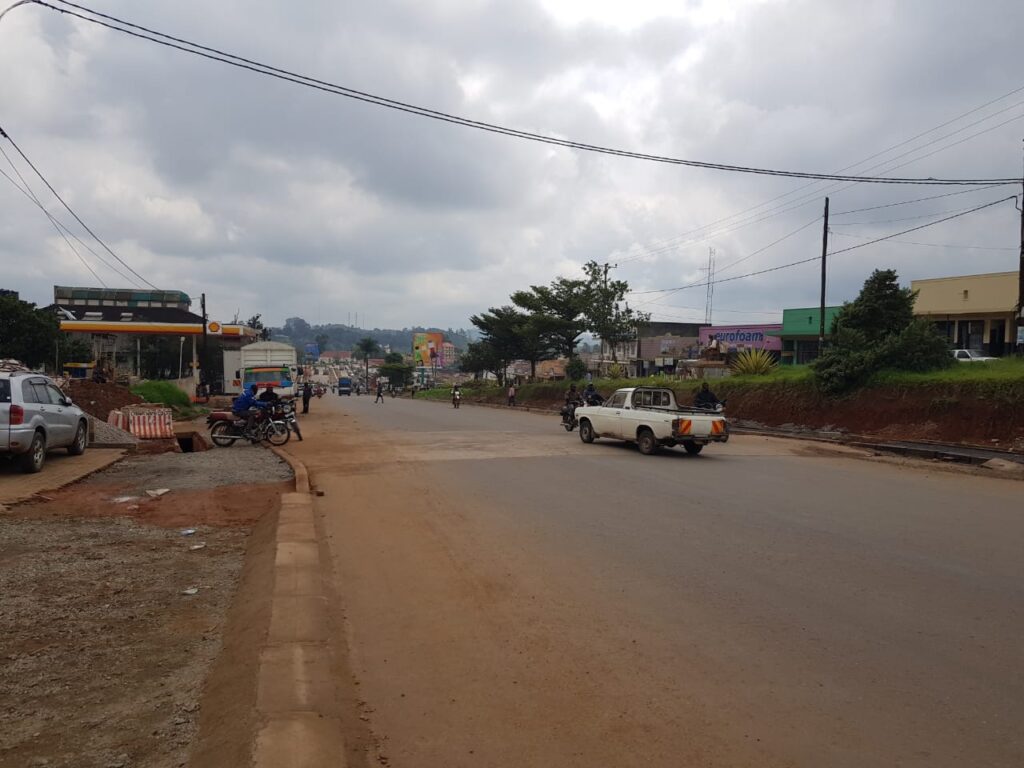
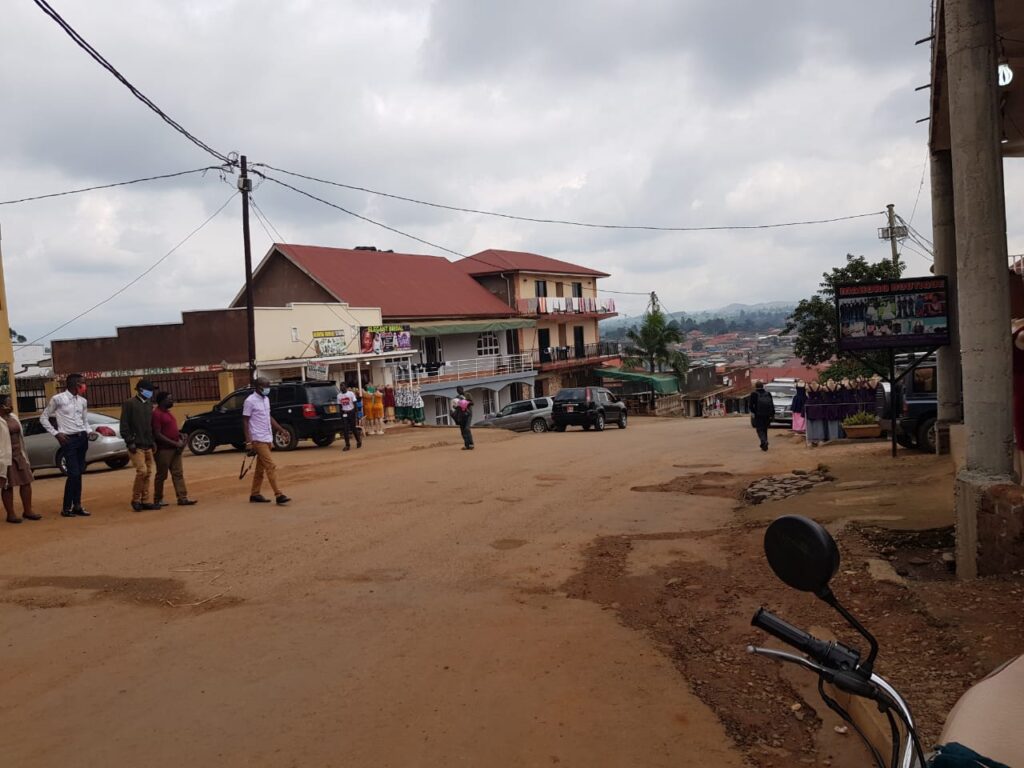
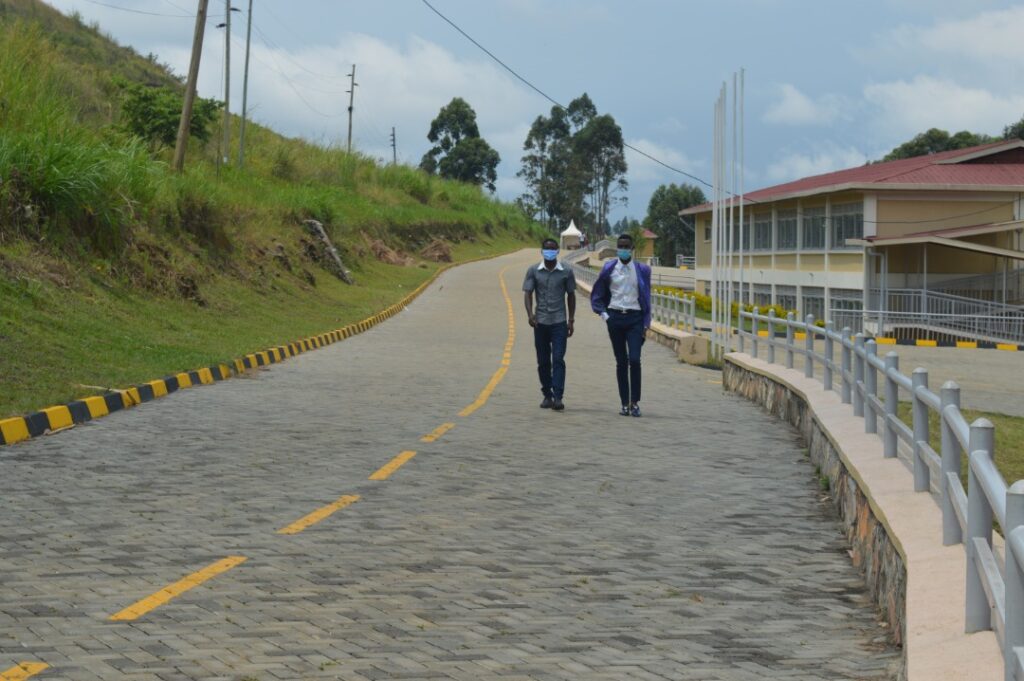
Message from the Board of HEAL International:
We are grateful to Steven, Otto and Denis for travelling to our field projects and sharing their impressions and photos of what they saw. Though we’ve had to pivot from our regular work supporting school education for orphaned and vulnerable children, we are heartened to see that the changes we’ve made are having a positive impact on youth. Since the time this report was written, we have expanded our support for home-schooling to enable more to participate and benefit. We are cognizant of the fact that we cannot meet every single need of each child (such as smartphones and laptops for online learning), but we endeavour to ensure that the essentials of food, shelter and basic supports are available to as many children as possible. Our work to date would not be possible without the generous donations made by our supporters. Thank you for making a difference!
